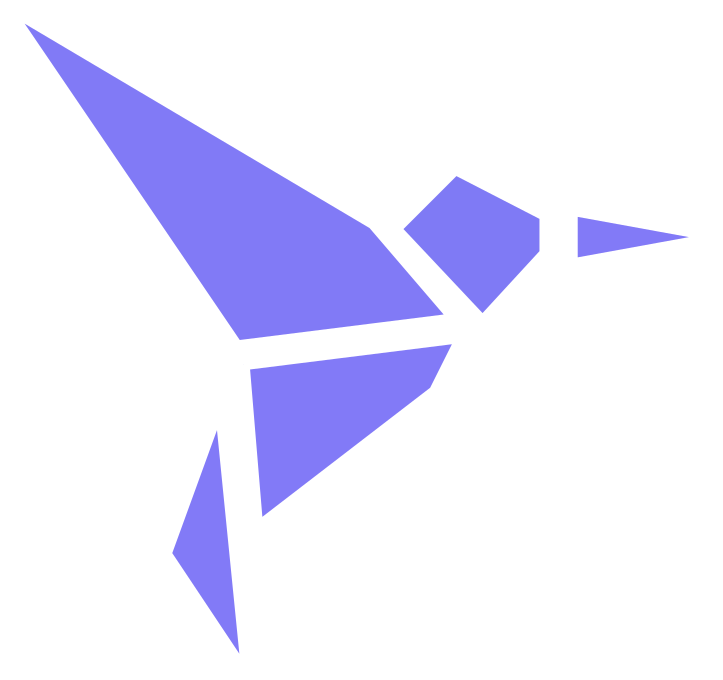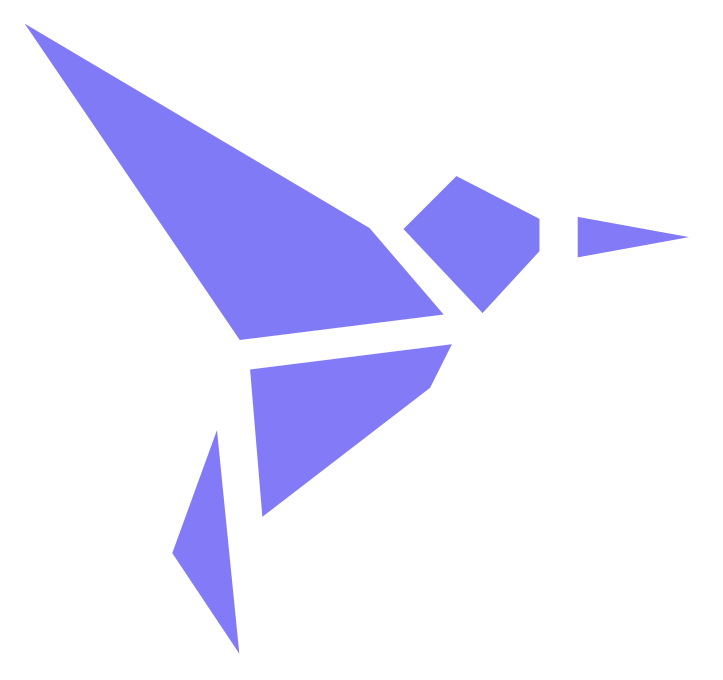Revolutionizing biomedical image analysis with minimal data through our real-time, end-to-end active learning platform for unparalleled accuracy and speed.
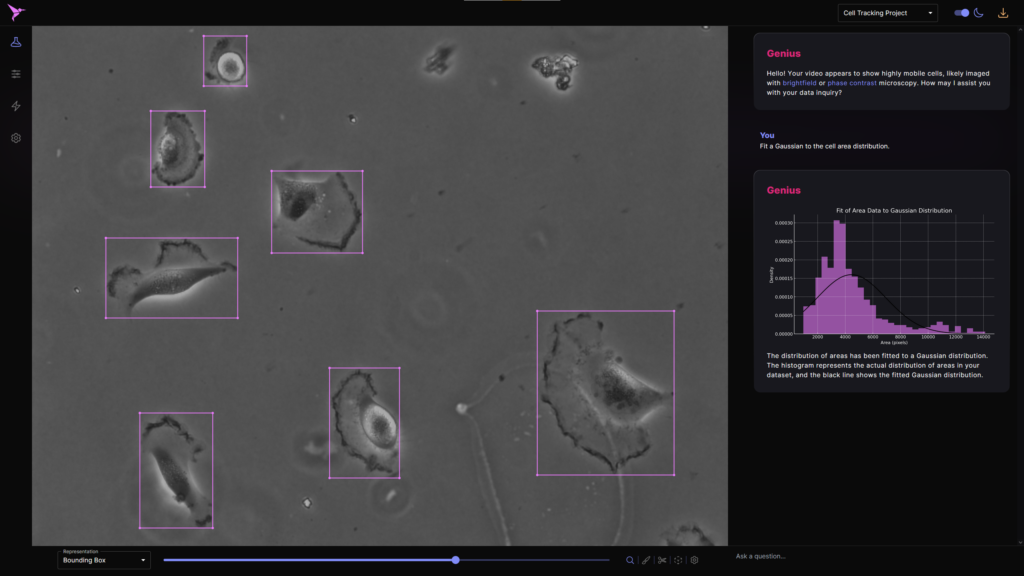
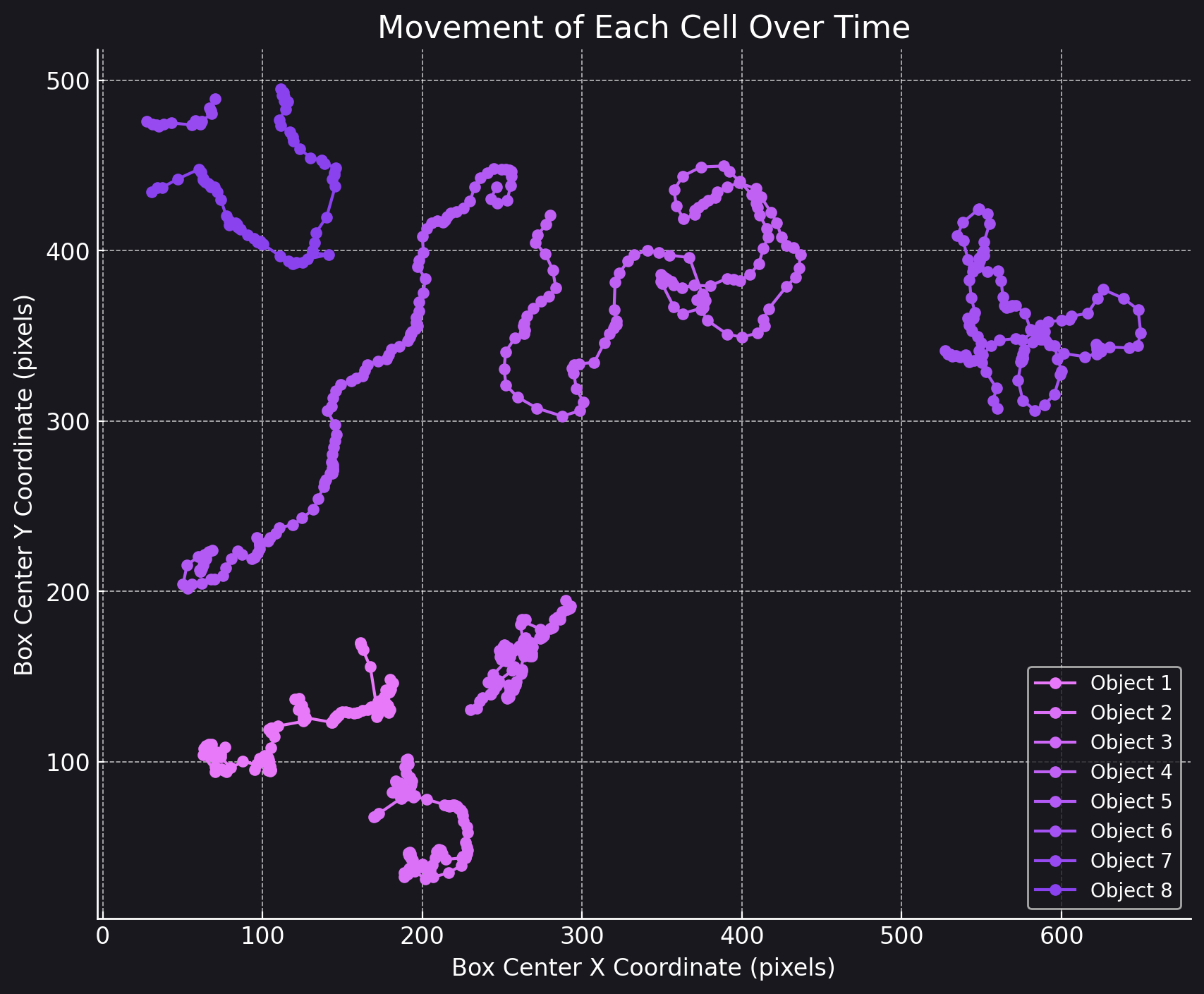
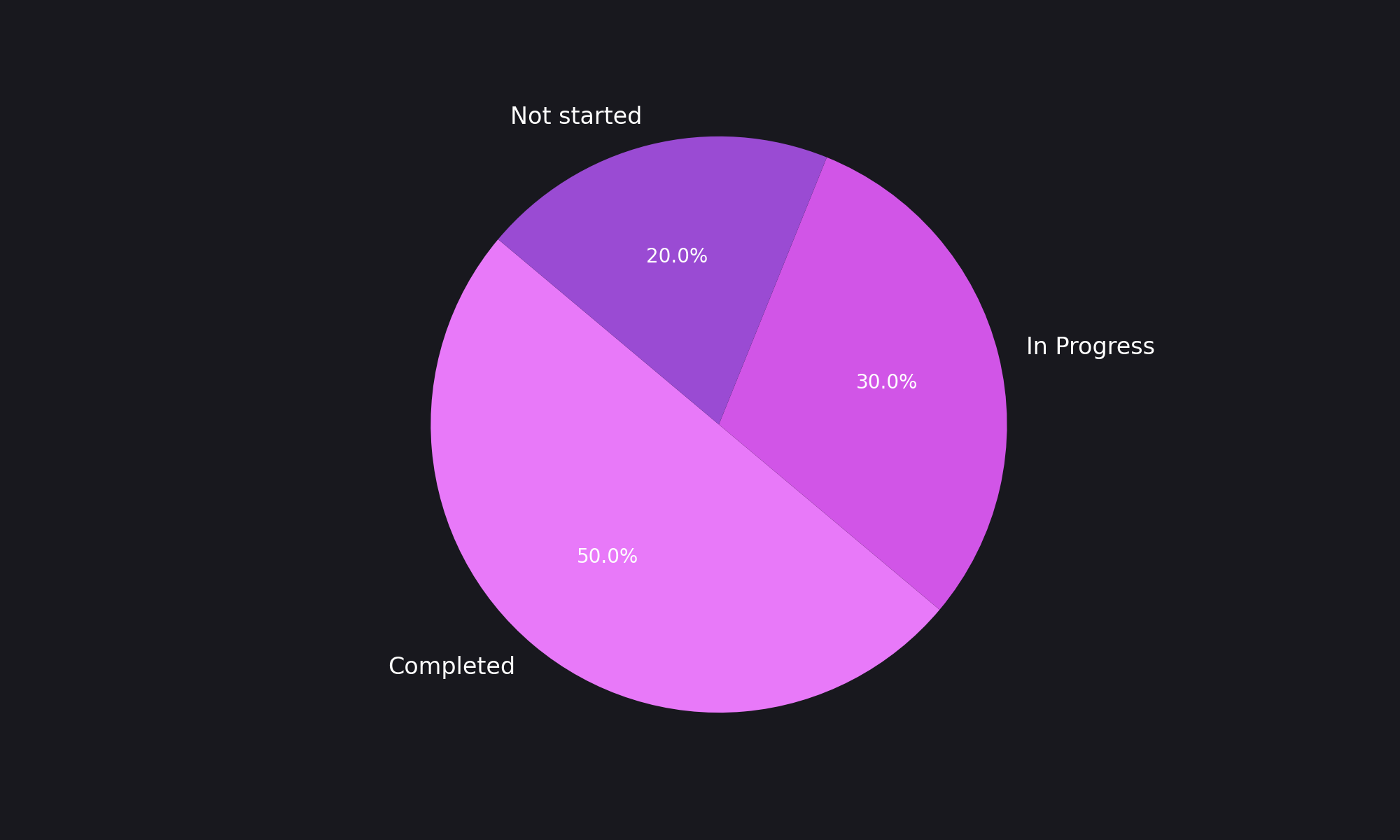
Partner with top leadinginstitutions
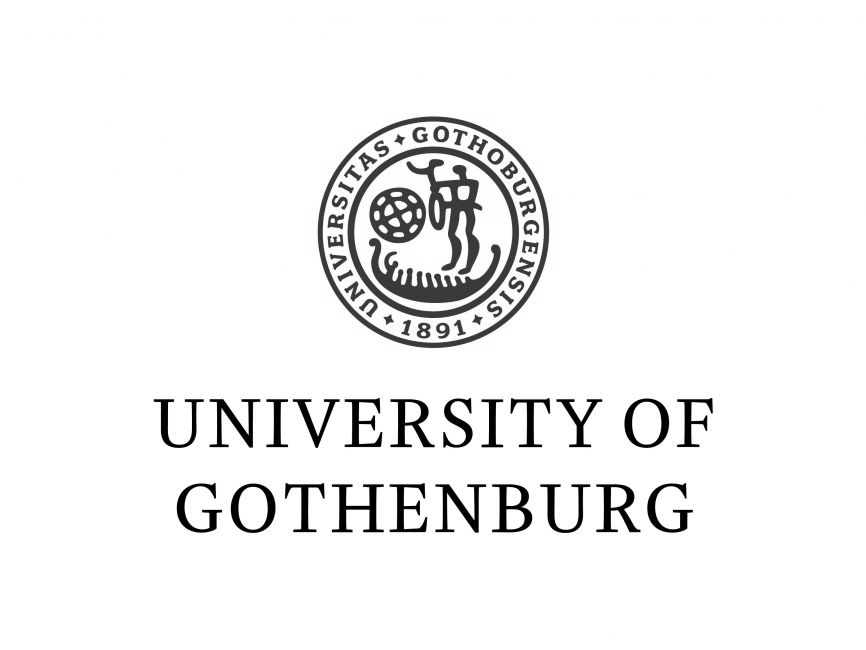

IFLAI empowers organizations to achieve breakthroughs within biomedical research 10X faster
With this AI-based software we can focus on the experiment and let the computer do the heavy-lifting, allowing us to spend time on development.

How it works
Featuring a dynamic active learning loop designed to evolve with user interaction.
The software improves its accuracy and efficiency over time by learning from minimal user inputs and feedback, refining its algorithms to reduce reliance on large datasets.
Experience an end-to-end data exploration journey with our Analysis Genius designed to guide users through insightful analysis with minimal effort.
Choose the right plan for you
Trial
Ideal for individuals and small teams exploring our software, the Trial plan offers free access to essential tools and functionalities. It’s a risk-free way to experience how our solutions can enhance your workflow. Perfect for those in the early stages of business or exploring options.
Essentials
The Essentials plan offers core software functionalities, regular updates, and basic customer support. It’s a budget-friendly choice for businesses seeking reliability and a predictable billing cycle, providing everything you need to keep your operations smooth and efficient.
Premium
The Premium plan boosts your efficiency with additional computational resources, reducing analysis times significantly. Ideal for businesses requiring faster outcomes, this plan offers advanced support and features to streamline your workflow and enhance productivity.
Enterprise
Custom pricing per your requirements
The Enterprise plan offers customized solutions for businesses with specific, complex needs. We collaborate closely to craft a tailored solution, with pricing based on the solution’s complexity and customization. Suited for large organizations or those requiring bespoke services.
Contact Us
Address
Hasselvägen 85, Mölnlycke
Email
contact@iflai.com
